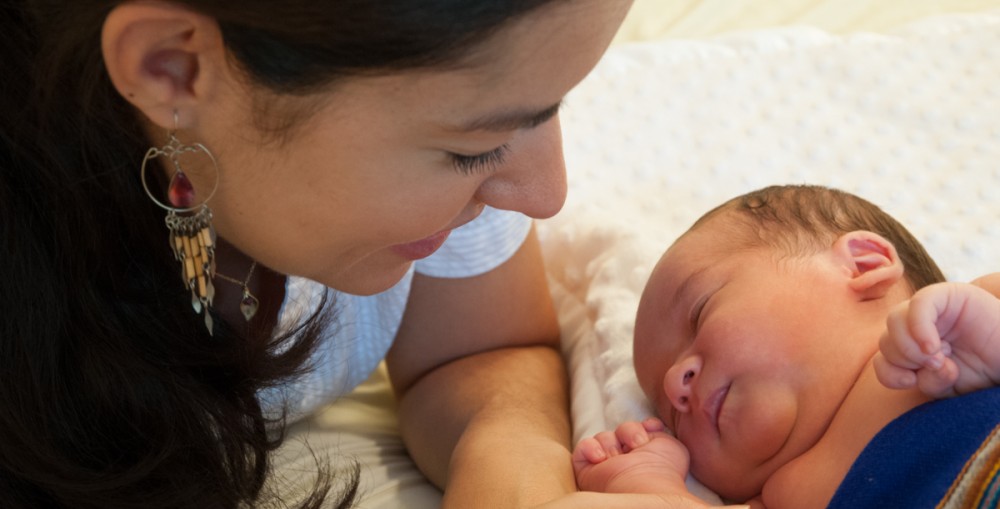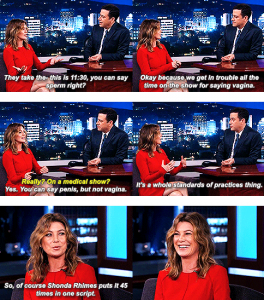With the prevalence of depression diagnoses in the US, I think it’s time we have a honest discussion about mental health as a health risk when deciding to have a child. Physicians will inquire as to a woman’s physical health, but mental health is often overlooked. We consider weight, smoking status, and activity levels, so why should we not also consider history of mental illness when making the choice to get pregnant? With previous depressive episodes being high indicator of PPD incidence, hopeful mothers should consider their mental status carefully. With the birth of her child, a mother’s sole responsibility is no longer to herself. She must now consider the wellbeing of her baby on equal status as her own. Mental Illness seriously inhibits a woman’s ability to do so. I believe more discussion pre- and mid-pregnancy is necessary. Mental illness is often an overlooked and heavily-stigmatized aspect of health, but including it in the decision to reproduce is something I believe we can no longer afford to do.
I’ve found a couple blogs where women who have pre-existing mental illness or had serious PPD comment on their experiences and how it influences their decision regarding children. Take a read for yourself. They’re very interesing:
http://www.postpartumprogress.com/to-have-or-have-not-should-you-stop-having-children-if-youve-had-postpartum-depression
http://www.mommyish.com/2014/01/31/postpartum-anxiety/2/

